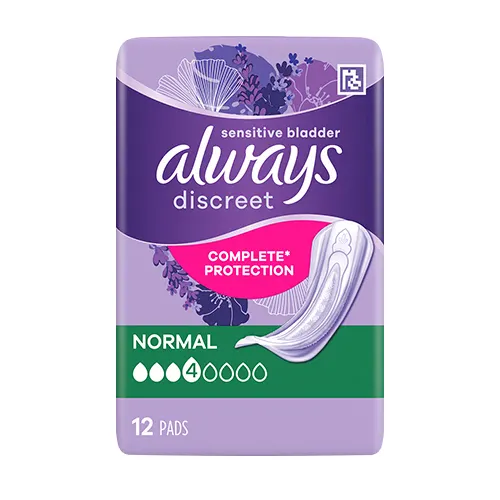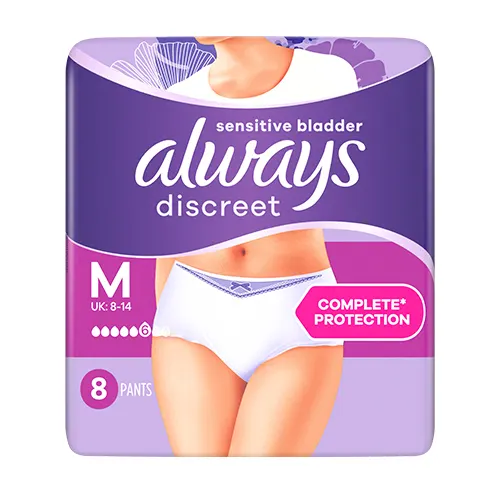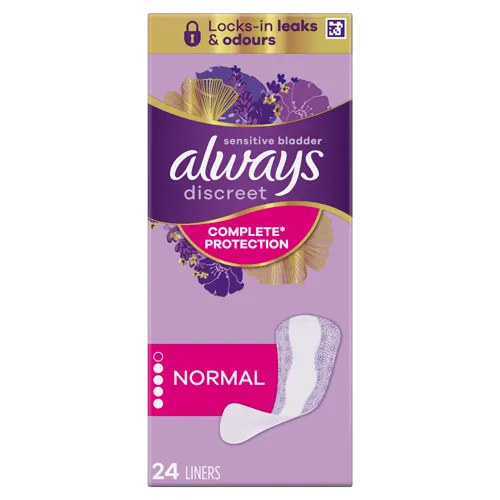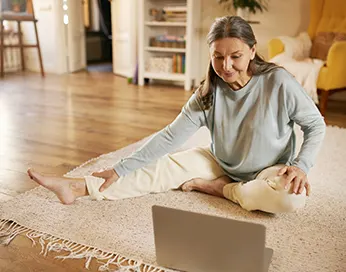
You may feel it’s too embarrassing to discuss, or maybe you don’t think there are treatment options available, but talking to a doctor about it can help you find a solution and improve your quality of life.
What to expect
Bringing up bladder sensitivity can feel awkward, so consider saying “I have to use the toilet a lot more” or 'I'm experiencing bladder sensitivity' to encourage your doctor to ask further questions. Your doctor will ask you a few questions: “When do you experience urinary losses?” and “How often do you go to the toilet?”. Then you’ll need to lie down for a physical examination and cough so your doctor can inspect the way your abdomen contracts and check the firmness of your pelvic floor. If you would prefer to have a female doctor undertake the examination please do not hesitate to let the clinic you are attending know this. You also have the right to a chaperone being present during the appointment.
The diagnosis
Once the examination is over, your doctor will let you know whether your condition is due to muscle weakness, and if you’re experiencing urge incontinence (when you have a strong need to urinate but can't reach the toilet in time), stress incontinence (when you experience sensitive bladder when coughing, sneezing or laughing) or a mixed incontinence.
Talking to your doctor about sensitive bladder symptoms will help you look for solutions together. From pelvic floor exercises to bladder retraining or medication, there is a range of solutions and your doctor should talk to you about them. Considering your options and doing some research before the appointment can help ensure you request the support that you feel will work for you. No matter which solution you decide upon, rest assured that there are incontinence products to support you while you make a decision.






